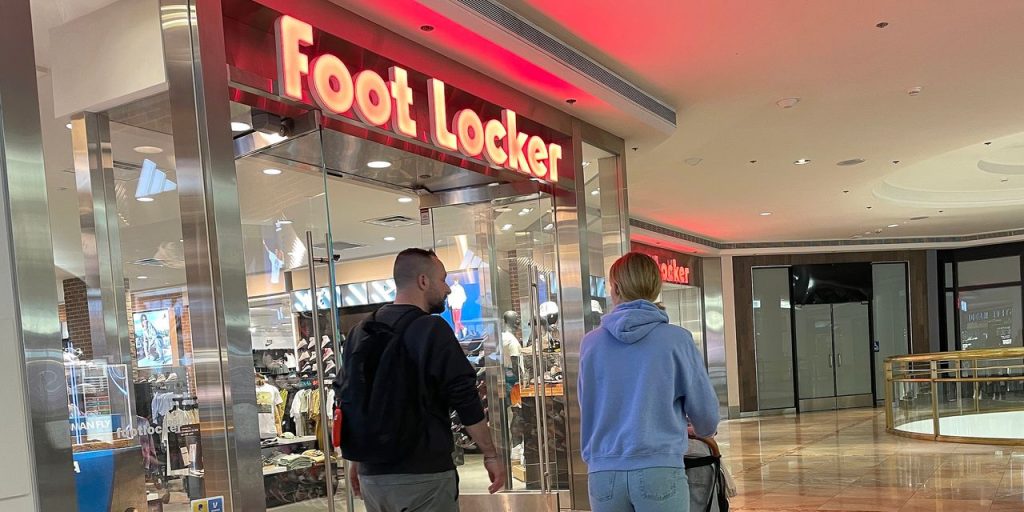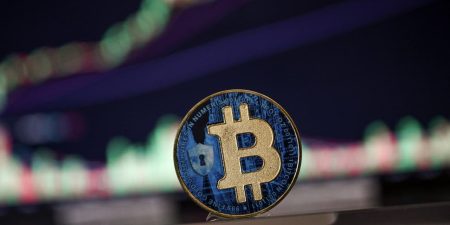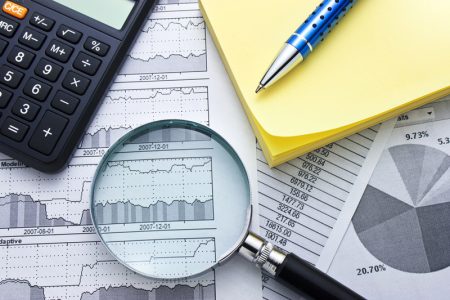The numbers: Sales at retailers rose a tepid 0.2% in June, reflecting a shift in consumer spending habits and signaling softness in some parts of the U.S. economy.
Sales had been forecast to increase 0.5%, based on a Wall Street Journal poll of economists. The shortfall stemmed in large part from a decline in spending at gas stations.
Retail sales represent about one-third of all consumer spending and usually offer clues on the strength of the economy. However, the retail report has recently been less reliable as a bellwether, because Americans are spending more on services than they are on goods. Retailers mostly sell goods.
Overall consumer spending is still fairly strong.
Key details: Retailers showed widely varying results. Sales rose sharply at stores that sell furniture and electronics. Internet retailers also saw a big boost in sales.
Yet sales sank at home centers, department stores and gas stations. The 1.4% decline in gas receipts is a good thing for consumers, however.
Sales of new vehicles and auto parts, an up-and-down category, increased 0.3% last month. They have risen 5.3% in the past year amid a bounceback in sales.
Retail sales rose a mild 0.3% when car dealers and gas stations are set aside, which gives a better idea of consumer demand. Sales in May were also revised up by two-tenths to show a stronger 0.5% gain.
One category economists watch closely is bars and restaurants, the only service sector in the retail report. Restaurant receipts barely rose in June, although they are up 8.4% in the past year.
Restaurant sales tend to rise when the economy is healthy and Americans feel secure in their jobs. Sales retreat during times of economic stress.
Big picture: Retail sales have leveled off after explosive growth in 2021 and 2022, when U.S. consumers bought huge amounts of consumer goods such as computers, cell phones and office equipment.
Since then, households have shifted to services they shunned during the pandemic. They are traveling more, booking hotels, dining out and spending a lot on recreation.
Total consumer spending is still rising faster than inflation and keeping the economy out of recession for now.
Looking ahead: “As long as the labor market remains solid, consumers will continue to lead the economy,” said Quincy Krosby, chief global strategist at LPL Financial.
Market reaction: The Dow Jones Industrial Average
DJIA,
and S&P 500
SPX,
opened lower on Tuesday.
Read the full article here














